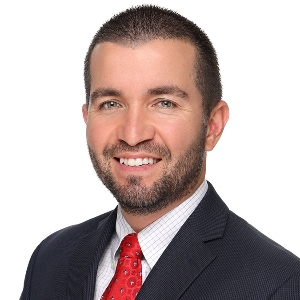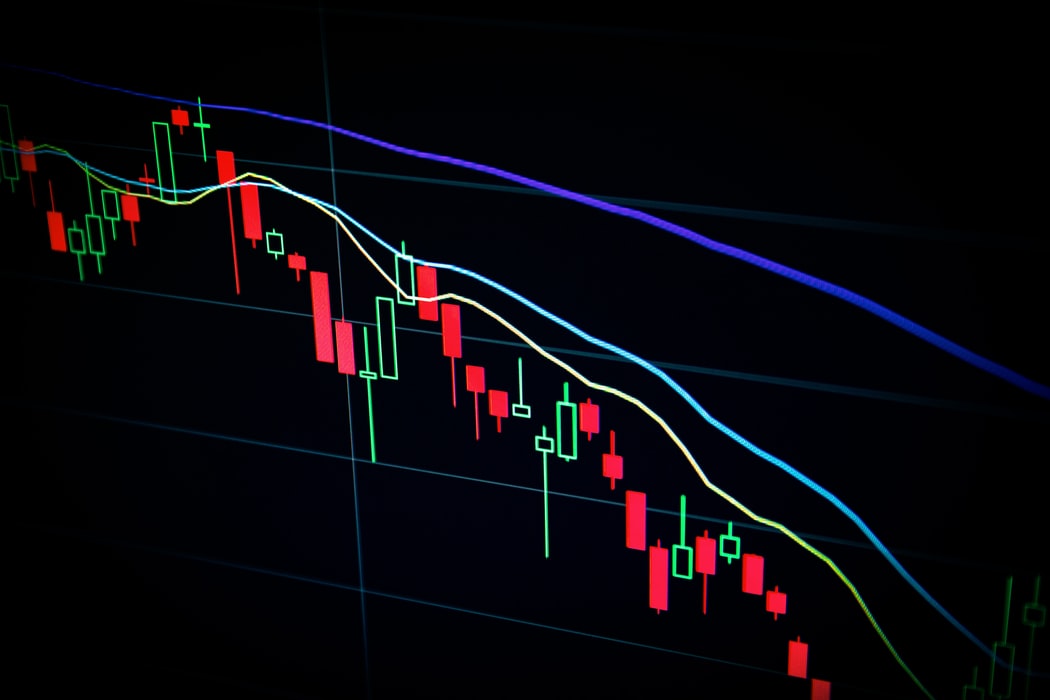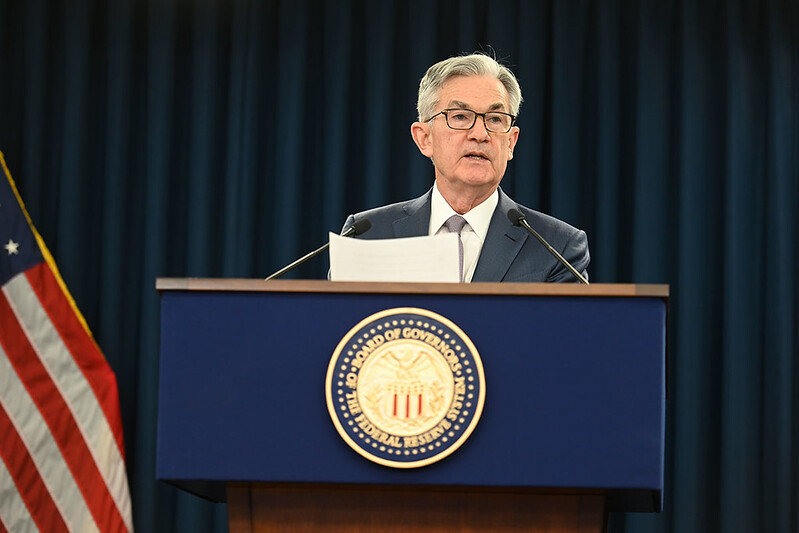
The Dark Side of Solar
___
Published Date 8/23/2024
Few things on earth are free, including solar energy. While it can offer long-term savings, the upfront costs and potential for fraudulent practices make it crucial for consumers to be well-informed before making any commitments.
The solar power industry plays a vital role in the global effort to combat climate change by reducing reliance on fossil fuels. NPR’s Jeff Brady reports, however, that beneath the surface of this seemingly bright future lies a growing shadow that threatens to tarnish the industry's reputation and slow its progress, particularly in the U.S. residential solar sector.
As the industry expands, so too do the complaints against it. Customer dissatisfaction, allegations of fraud, and investigations into high-pressure sales tactics have cast a pall over the once-pristine image of residential solar. Brady says the numbers paint a troubling picture. Since 2018, one-star ratings on Solar Reviews have skyrocketed by over 1,000%. The Federal Trade Commission has seen a fourfold increase in solar-related complaints over just a few years. This surge in dissatisfaction far outpaces the industry's growth, with residential solar installations only increasing two-and-a-half times during the same period.
He cites Solar States’ Micah Gold-Markel, who laments the shift in the industry's ethos. "There have been a lot of shady business practices in residential solar," he notes. "And I think it's hurting the market." Gold-Markel recalls a time when the solar industry was driven by idealistic "hippies" who saw the potential of harnessing electricity from the sun. Today, he observes, larger companies with profit-driven motives have introduced questionable sales and financing practices that are eroding consumer trust.
Behind the statistics are a number of financially vulnerable people who have fallen victim to deceptive practices. Brady tells the story of Emanuel Minto, a 91-year-old retiree in Philadelphia, who was approached by a door-to-door salesman promising government assistance to reduce his electric bills. Instead, Minto found himself trapped in a 20-year contract with monthly payments four times higher than promised, secured by a lien on his home.
“Minto's case, sadly, is not unique,” says Brady, who says attorneys specializing in solar fraud report handling hundreds of similar cases across the country. The tactics employed are alarmingly sophisticated, often involving forged signatures, creation of fake email addresses, and misrepresentation of contracts and costs.
The problem extends beyond individual salespeople to encompass entire companies and financing structures. State attorneys general across the country are launching investigations and lawsuits against solar companies for deceptive practices. Brady reports that in Connecticut, Attorney General William Tong sued SunRun and two smaller companies for allegedly forging signatures and impersonating customers to secure contracts. Minnesota's Attorney General's office is pursuing cases against solar financing companies for hidden upfront fees that can add thousands of dollars to the cost of a system.
These hidden fees, often referred to as "dealer fees," can be substantial. According to EnergySage, a solar marketing firm, fees for the most popular loans in the latter half of 2023 averaged 47% of the cost of a rooftop solar panel installation.
Can the industry self-regulate? As complaints mount, some within the solar industry are taking steps to address these issues and repair the sector's tarnished reputation. The Solar Energy Industries Association (SEIA) is developing standards for member companies to follow, aiming to eliminate exploitative sales practices and ensure customers have the information needed to make informed decisions. The proposed standards will outline training requirements for solar salespeople and establish rules for disclosing information about energy price comparisons, long-term benefits, and costs.
Recognizing the need for oversight, the Consumer Financial Protection Bureau has issued warnings about hidden fees and misleading statements regarding the financial benefits of solar. The EPA plans to create lists of reputable solar installers for its new “Solar for All” program, aimed at providing solar access to low-income households.
Brady includes warnings to consumers before signing any contracts:
-
Research multiple companies and compare offers
-
Read all contracts carefully, including the fine print
-
Be wary of high-pressure sales tactics or promises of unrealistic savings
-
Verify all claims about government programs or incentives
-
Consider consulting with an independent financial advisor or attorney
NPR, TBWS
All information furnished has been forwarded to you and is provided by thetbwsgroup only for informational purposes. Forecasting shall be considered as events which may be expected but not guaranteed. Neither the forwarding party and/or company nor thetbwsgroup assume any responsibility to any person who relies on information or forecasting contained in this report and disclaims all liability in respect to decisions or actions, or lack thereof based on any or all of the contents of this report.
First
Priority Home Loans is a DBA of Anchor Funding, Inc. NMLS #236419 &
1626581. California
Bureau of Real Estate,
Real
Estate Broker Number 01276087. Loans made or arranged pursuant
to the
California Department of Business Oversight. California Finance Lenders Law
license number 603 L293.


Andre Enriques
Branch Manager/Mortgage Lender
NMLS: 220937
First Priority Home Loans
891 Kuhn Drive #204, Chula Vista CA
Company NMLS: 236419
Office: 619-323-2066
Cell: 619-208-6499
Email: andrefunds4u@sbcglobal.net

Andre Enriques
___
Branch Manager/Mortgage Lender
NMLS: 220937
Cell: 619-208-6499
Last articles
___

The chicken or the egg? Buy or build?
11/8/2024
The decision to buy or build a home has become increasingly complex in today's m... view more

Don't Pull a Clark Griswold: Your Guide to Christmas Light Success
11/7/2024
Unlike Clark Griswold's infamous 25,000-bulb holiday mishap...... view more

The Bank of England cut their key rate as was expected
11/7/2024
The Bank of England cut their interest rate by...... view more

Markets under heavy pressure as inflation worries increase
11/6/2024
Inflation fears running rampant this morning...... view more

Balancing deductible and premium: Always a crap shoot
11/5/2024
Insurance is simply termed as the mitigation of risk. True, you pay, and pay, an... view more

Housing Market Shift: Listings Soar to Pre-Pandemic Levels
11/4/2024
Even if home prices have not fallen, it might be good to know that you’ve got mo... view more

Three things that could impact rates this week
11/4/2024
These are the three areas that have the greatest ability to impact rates this we... view more

Doctor's kitchen warning soaks up controversy
11/1/2024
A medical professional's viral warning about a common kitchen item has sparked h... view more
Load more
 First Priority Home Loans
First Priority Home Loans







































